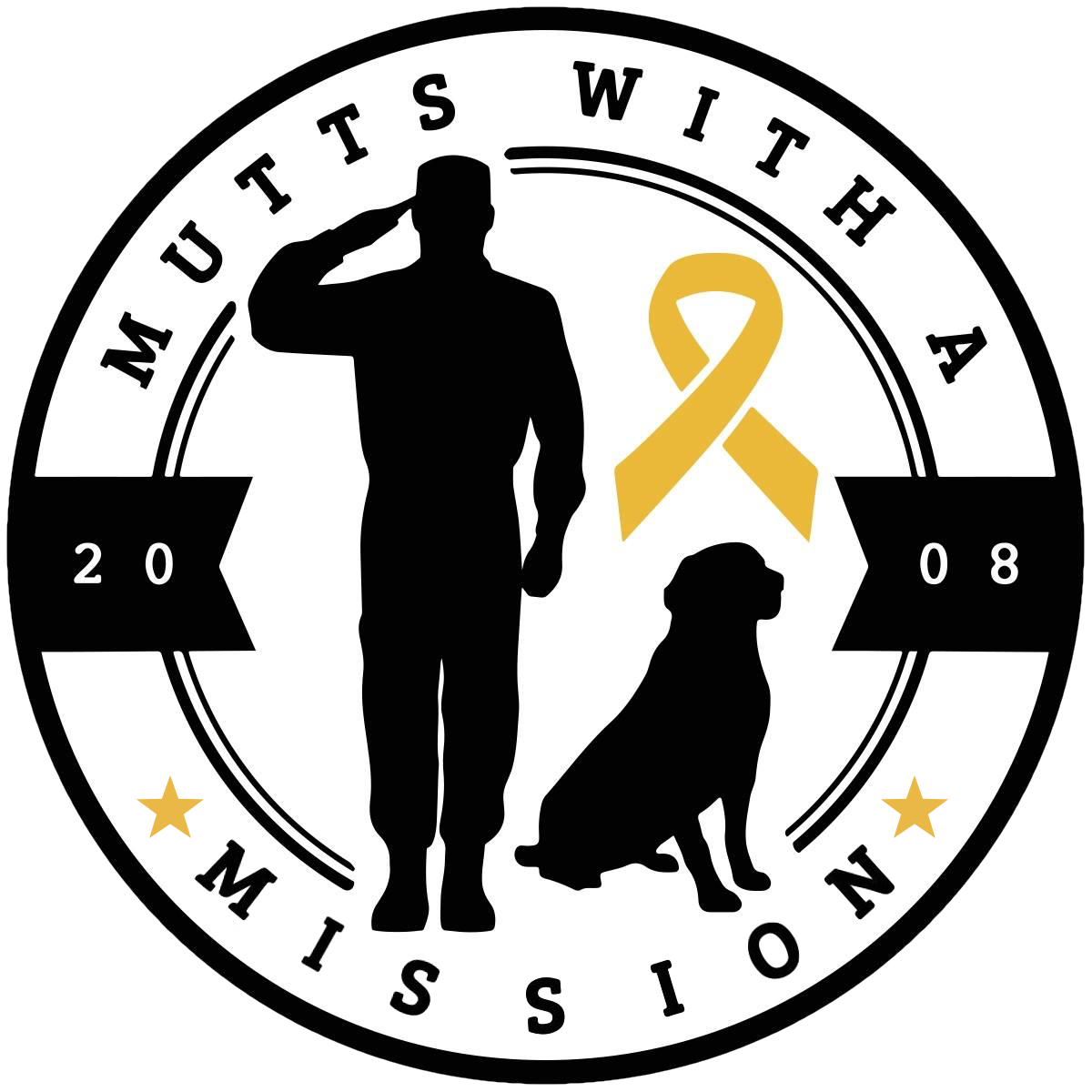Public Access and Service Dogs
Public Access is an everyday challenge for our Service Dog teams.
Understanding the laws around Service Dogs is essential for our teams. It is also very important for business owners to know their rights and for the general public to understand.
Unfortunately, there is an epidemic of fake service dogs - people misrepresenting their pet as a service dog so they can take them out in public. Not only is this a federal offense, but these people are creating public access problems for legitimate service dog teams, creating a danger to the public and causing their pet undue stress.
Do NOT bring your pet into public spaces, and do NOT misrepresent your pet as a service dog.
What is a Service Animal?
A Service Dog is a dog that has been specifically trained to do work or perform a task to assist a person with a disability. The work or tasks that a service dog performs must be directly related to that person’s disability. Per the ADA, a dog whose sole purpose is to provide comfort or “emotional support” does NOT qualify as a service dog. Therapy Dogs and Emotional Support Animals are not Service Dogs and do not have the same public access rights.
If you don’t have a documented disability, you do not qualify for a service dog!
If your dog has not been formally trained to perform tasks that assist your disability, it is not a service dog!
Service Dogs
Allowed in public spaces (stores, restaurants, etc).
Trained to assist ONE person with a disability.
Requires formal training and a doctor’s approval.
Handler can not be charged pet rent or fees.
Can fly in airplane cabins.
Therapy Dogs
Only allowed in specific public spaces (hospitals).
Trained to bring comfort to many people.
Requires formal training and venue approval.
Handler can be charged pet rent and fees.
Can not fly in airplane cabins (unless as pet).
Emotional Support Animals
NOT allowed in any public spaces.
Does not have any training - is considered a pet.
Requires a doctor’s approval but no training.
Owner can not be charged pet rent.
Can not fly in airplane cabins (unless as pet).
Where are Service Animals allowed?
Service dogs are required access to any area that is open to the public, including businesses, restaurants, public transportation, etc. If you are allowed access as a member of the public, then a service dog must be allowed as well. Additionally, handlers can not be charged extra fees that are not charged to other customers.
The only exception to this access requirement is if the dog’s presence might compromise a sterile environment like an operating room.
How can I tell if it’s a legitimate Service Dog team?
Service Dogs go through hundreds of hours of training to learn how to navigate public places appropriately. Per the ADA, “a service animal must be under the control of its handler.” A genuine service dog will be focused on their handler at all times since they have been specially trained to assist with a documented disability. They will not be sniffing, licking, or seeking attention from strangers. Service dogs will always be housebroken. Service dogs are calm and respectful of the space - tucked under a restaurant table, for example.
Outside of behavioral cues, there are two questions that businesses are allowed to ask Service Dog teams to determine if they are legitimate:
Is the dog a service animal required because of a disability?
What work or task has the dog been trained to perform?
What if a Service Dog is acting inappropriately?
If a Service Dog is out of control and the handler does not control the dog, the business is allowed to ask the team to leave. Inappropriate behavior includes biting, growling, uncontrolled barking, damaging property, or creating unsanitary conditions (licking food, etc).
If the dog is not housebroken, businesses are also allowed to ask them to leave.
Businesses do not have to allow a service dog that creates a danger to their property or to other customers. If they ask the dog to leave, they must give the handler the option of continuing to shop without the dog.

